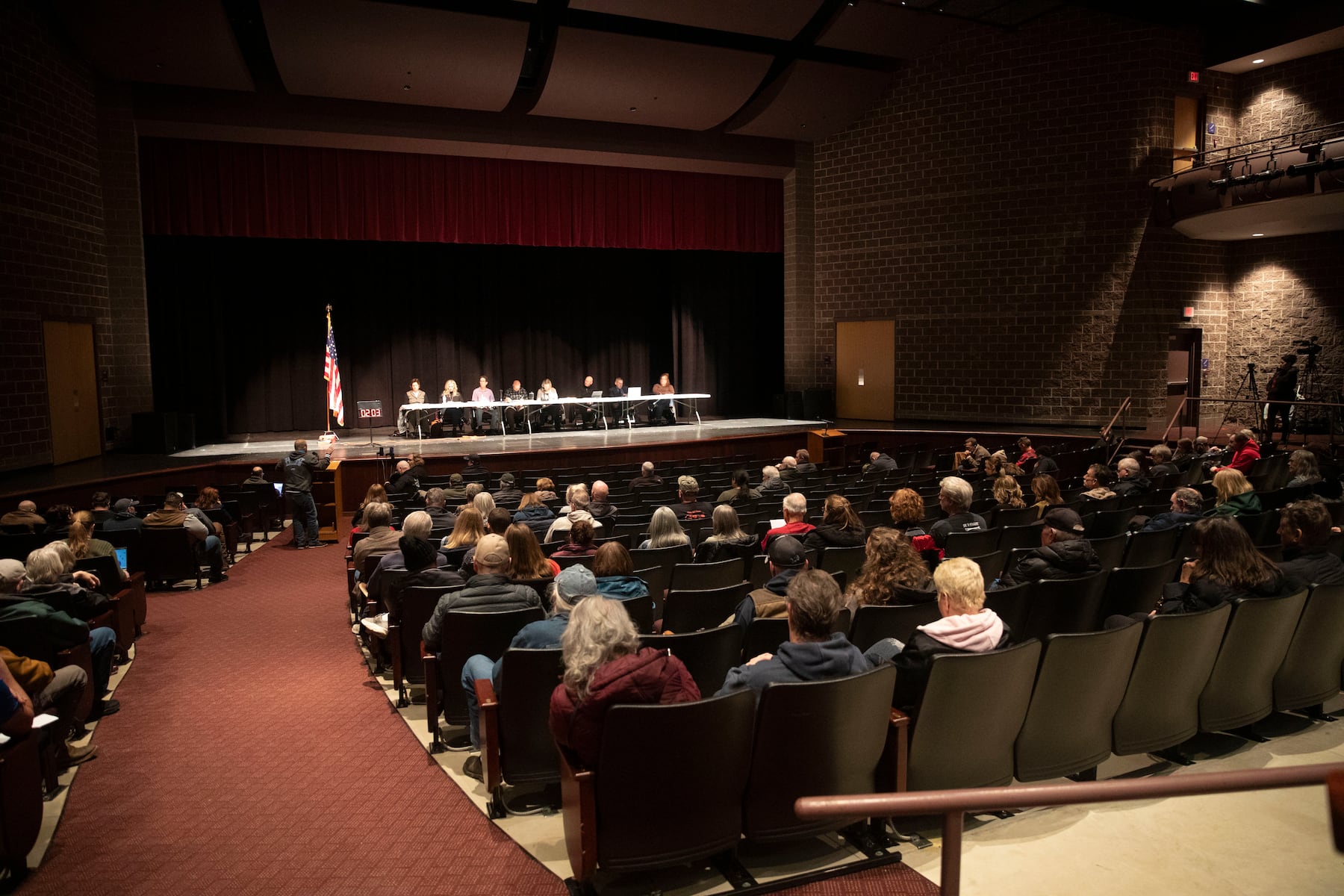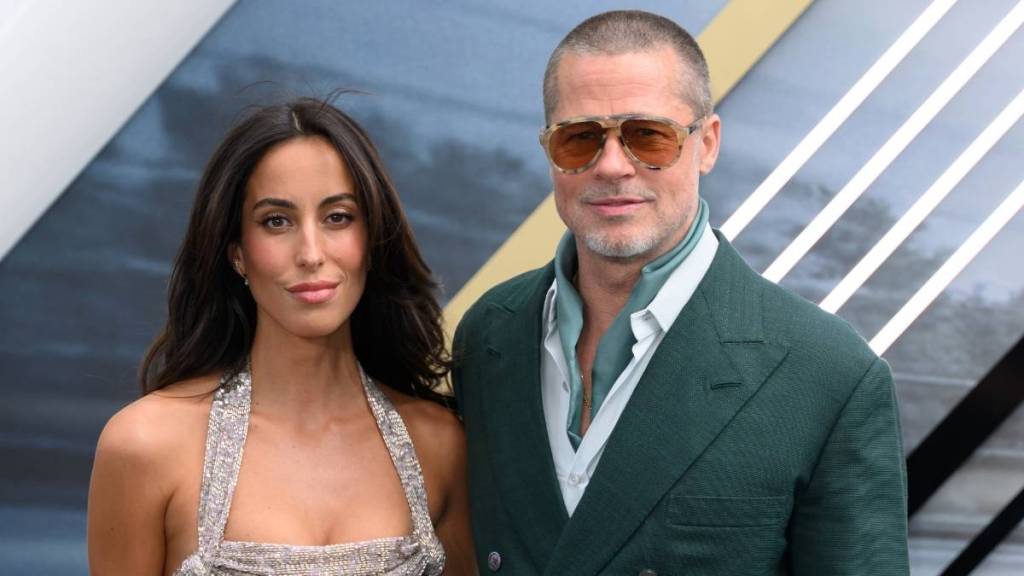Viktor Orbán and Vladimir Putin Meet in Moscow for Energy Talks

Hungarian Prime Minister Viktor Orbán met with Russian President Vladimir Putin in Moscow on December 1, 2023, to discuss energy security amidst ongoing geopolitical tensions due to Russia’s war in Ukraine. This meeting marks Orbán’s second visit to the Kremlin since last year, reinforcing his position as a key ally of Putin among European Union leaders.
Prior to his departure, Orbán emphasized the need for Hungary to maintain its access to “cheap Russian oil and gas,” which have been subjected to sanctions by the United States. Hungary remains one of the few EU countries that continues to import substantial amounts of Russian fossil fuels, defying broader EU efforts to reduce dependence on Russian energy sources.
Orbán’s trip comes shortly after he secured a sanctions exemption during a meeting with U.S. President Donald Trump in Washington, where he discussed the implications of U.S. sanctions on Russian energy companies, particularly Lukoil and Rosneft. Orbán remarked, “now all we need is oil and gas, which we can buy from the Russians. I am going there to ensure Hungary’s energy supply at an affordable price both this winter and next year.”
The Hungarian Prime Minister has consistently argued that Russian energy imports are vital for his country’s economy, warning that a transition to alternative energy sources could lead to economic instability. Critics, however, dispute this assessment, contending that Hungary’s reliance on Russian energy poses long-term risks.
As European nations gradually reduce their reliance on Russian energy, Hungary’s imports have not only continued but increased. Orbán has actively opposed EU plans to eliminate all Russian fossil fuels by the end of 2027, positioning Hungary as a significant outlier within the bloc.
The backdrop of these discussions is marked by ongoing U.S. sanctions aimed at crippling Russia’s ability to finance its military operations in Ukraine. According to a senior U.S. Treasury Department official, recent sanctions have resulted in a steep decline in Russian oil prices, as major buyers in India and China adjust their purchasing practices to comply with U.S. regulations.
In a related development, President Trump recently introduced a comprehensive plan aimed at ending the ongoing conflict in Ukraine. The proposal, which favors Russian interests, has prompted immediate engagement from Ukrainian President Volodymyr Zelenskyy with U.S. negotiators. Trump has indicated his intention to send envoy Steve Witkoff to Moscow for discussions with Putin, while Army Secretary Dan Driscoll will meet with Ukrainian officials.
As the situation evolves, Putin is scheduled to travel to India for talks with Prime Minister Narendra Modi on December 4-5, 2023. This upcoming visit adds another layer of complexity to the international diplomatic landscape, particularly regarding energy and military cooperation.
In other news, Russia’s Defense Ministry reported the interception of 136 Ukrainian drones over various regions, including annexed Crimea, which underscores the ongoing conflict’s regional implications. Damage to infrastructure has been noted in the Rostov and Voronezh areas, highlighting the war’s far-reaching effects.
The energy discussions between Orbán and Putin are crucial not only for Hungary’s immediate energy needs but also for the broader context of European energy security amidst the ongoing war in Ukraine. As Hungary seeks to navigate its economic interests while maintaining ties with Russia, the outcomes of these talks could significantly influence the future of energy policy within the EU.






